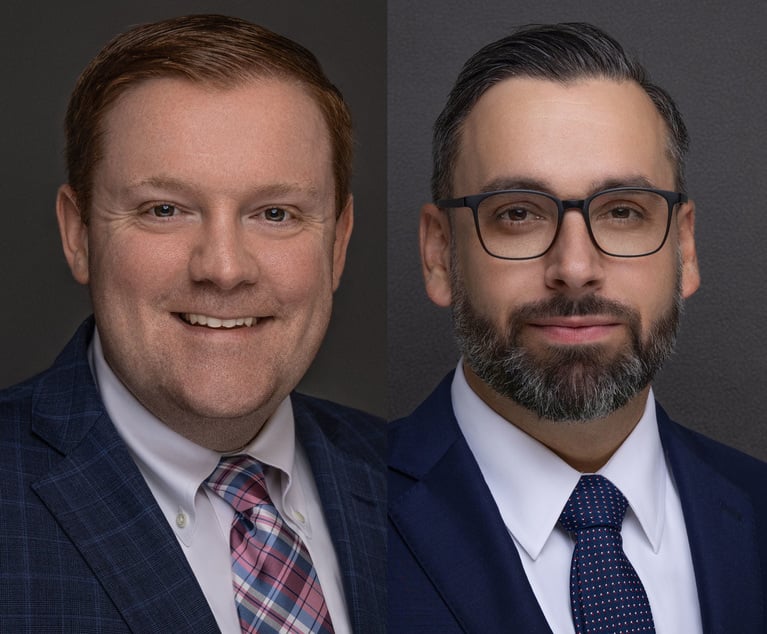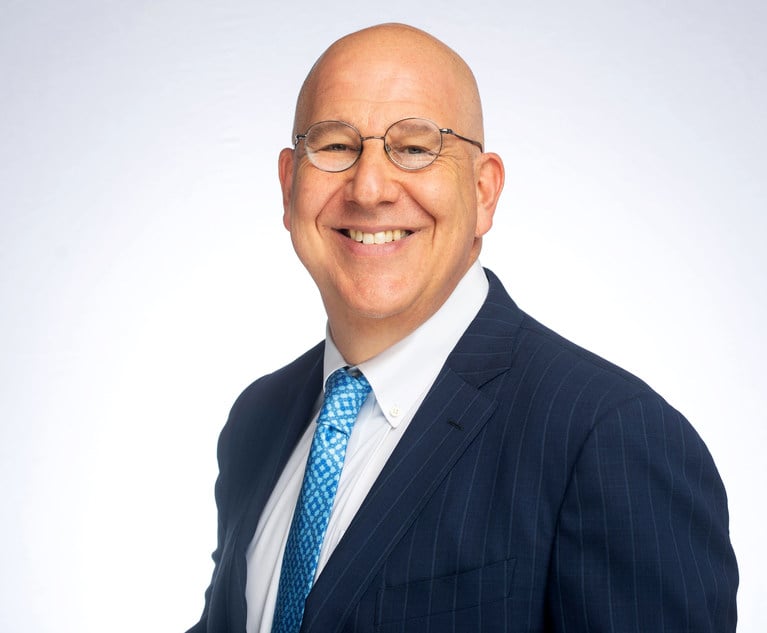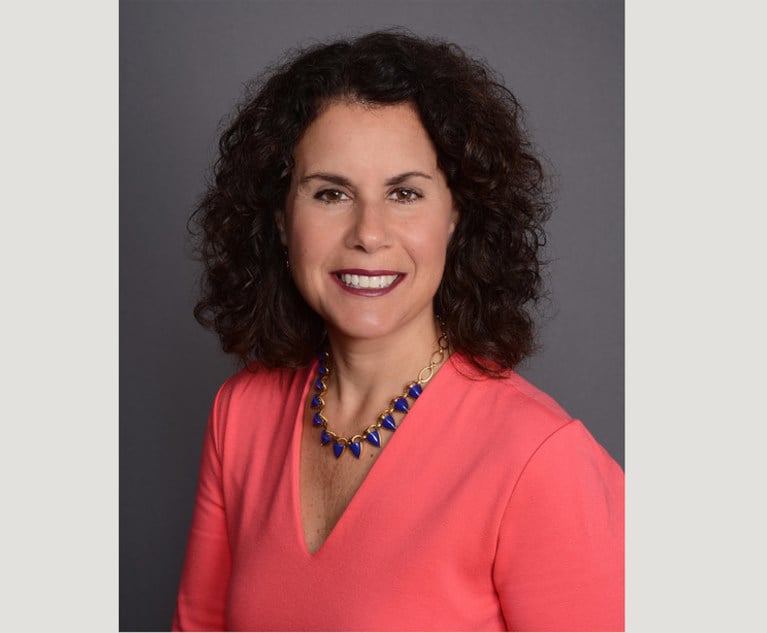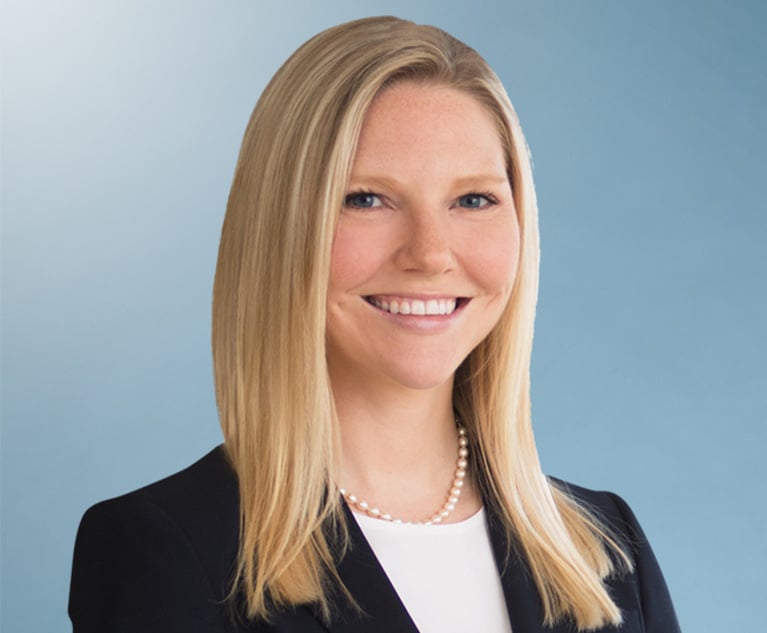At Mazzoni Center, we provide a continuum of health, wellness, and legal services for people who are sexual or gender minorities—many of whom are lesbian, gay, bisexual, transgender or queer (LGBTQ). Our legal services program is based on the premise that while LGBTQ people need changes in the law, there are existing tools that can help people protect themselves and their families.
Many LGBTQ people follow legal developments that impact our community. So in June, when the U.S. Supreme Court issued a ruling that addressed whether businesses have a constitutional right to discriminate against customers; 303 Creative v. Elenis, 600 U.S. ___ (2023); people noticed. The case was brought by a website designer in Colorado who said it wanted to design wedding websites for different-gender couples while turning away same-gender couples. Colorado’s antidiscrimination law prohibits businesses that offer services to the public from turning people away based on identified characteristics, including sex, gender identity and sexual orientation. The majority described the services that 303 planned to offer as including “speech for fee” in the form of uniquely customized wedding sites, and said that 303’s owner, Lorie Smith, claimed that if she had to create sites for same-gender couples she would have to engage in speech that she objected to. Without ever actually offering wedding websites, 303 sought a court ruling that it could disregard Colorado’s antidiscrimination laws, claiming that the right to free speech under the First Amendment allows 303 to turn away couples if its owner did not agree with their marriages.


 Thomas Ude Jr. of the Mazzoni Center
Thomas Ude Jr. of the Mazzoni Center




